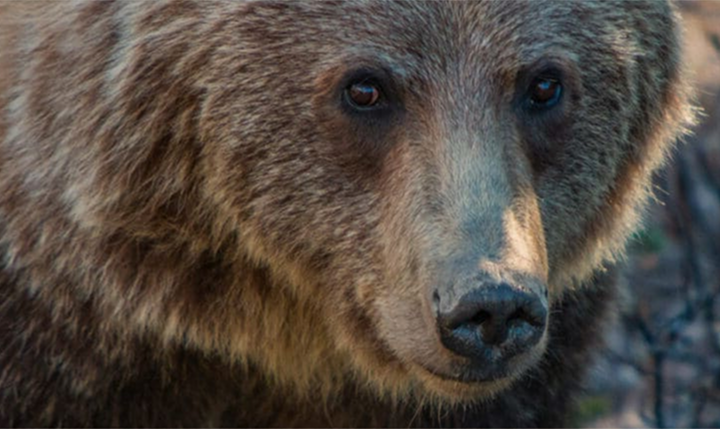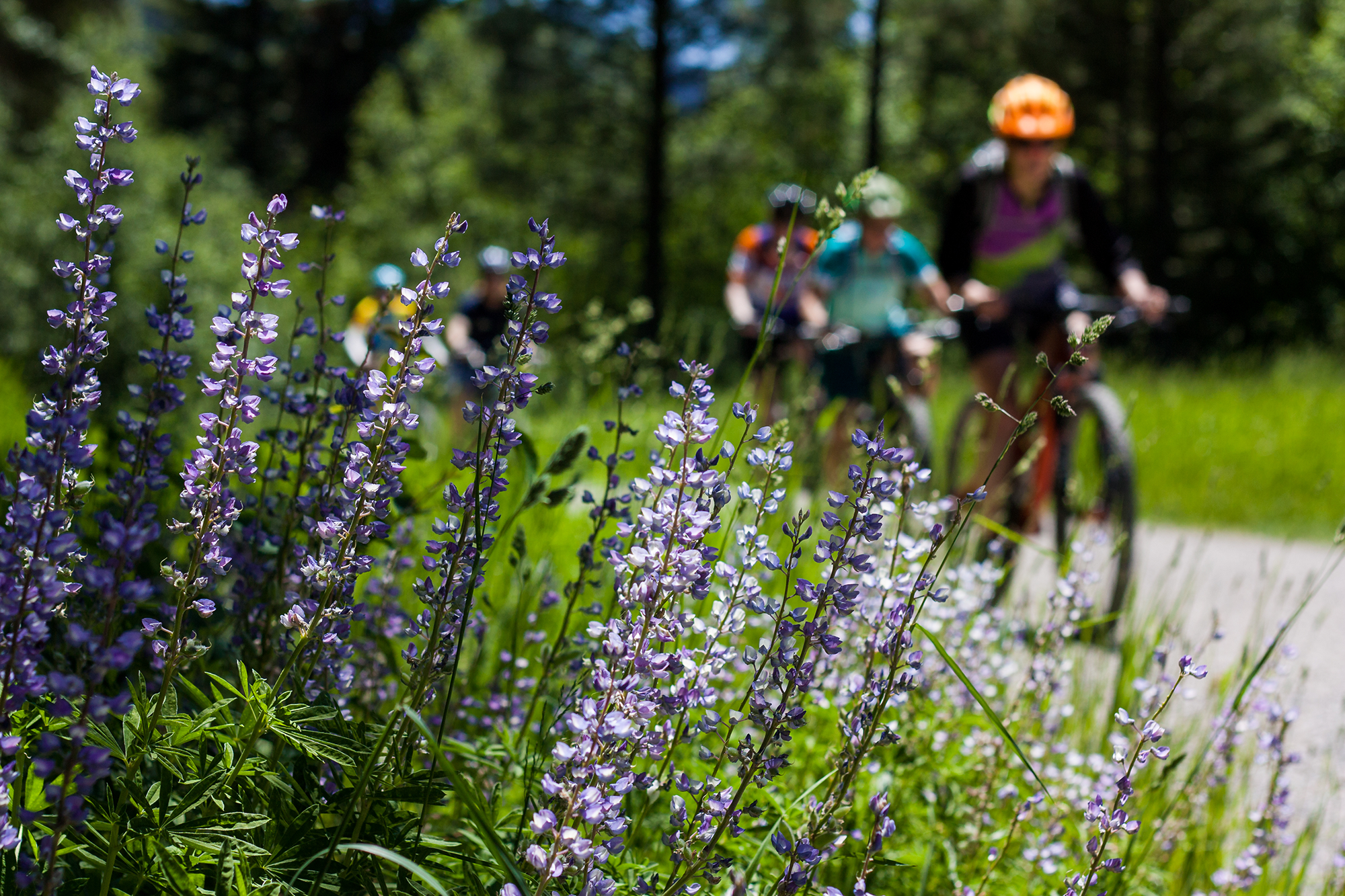Y2Y deeply concerned over ruling for development proposals in Canmore
Y2Y is deeply disappointed and concerned over the ruling from the Land and Property Rights Tribunal that the Town of Canmore must adopt the area structure plans for Three Sisters Village and Smith Creek, which were proposed and rejected in 2021.











